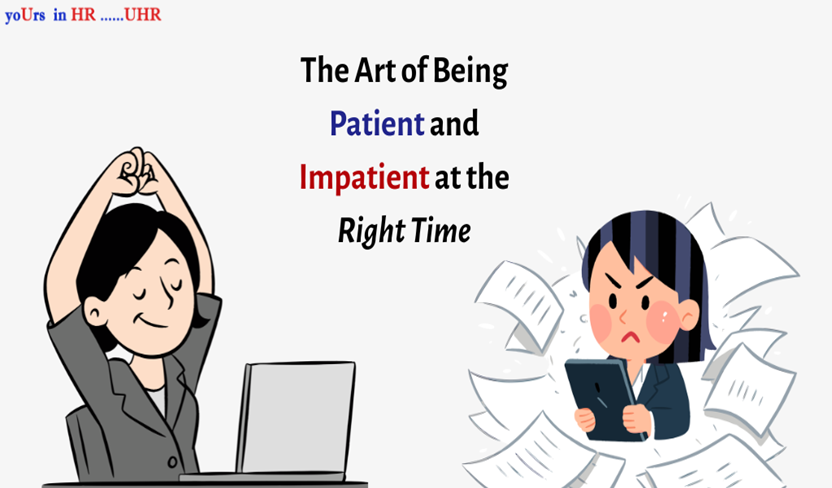
Can three people be doing the exact same thing, with the exact same tools and still see three different possibilities?
Three brick-layers are doing their job of laying bricks, neatly in a row. Someone asks one brick-layer: ‘What are you doing?’
He responds: ‘I am laying bricks.’
Someone asks the second brick-layer: ‘What are you doing?’
He responds: ‘I am building a wall.’
The third brick-layer gets asks” ‘What are you doing?’
He responds: ‘I am building a house.’
Three different people, doing supposedly the same job, having completely different answers. The beauty is that none of them are wrong.
Having said that, they do point to three different mentalities, which we have to adopt in different situations.
- The Immediate Present/Task at Hand: The first brick-layer’s answer of ‘I am laying bricks’ is grounded in the immediate reality. No looking forward, no looking backward, and taking things one brick at a time. There are some tasks and situations that demand this kind of a mentality. Stressed about the outcome of something, wondering if it will go according to the plan in your head? We take it one brick at a time, one small task at a time. Not sure what to do next? We take it one brick at a time and eventually, a structure will start building itself. Overwhelmed with a huge seemingly impossible to-do list? We take it one small task at a time, and eventually, the boxes will be checked off.
- The Larger Perspective/The Point: The second brick-layer’s answer of ‘I am building a wall’ is grounded in planning and setting realistic goals. It looks ahead, and that looking ahead gives the rationale of why something is being done in the first place. And in what sort of situations can we apply such an attitude? Your team is not sure why you are asking them to do a task? Tell them what doing that task will lead to. Your meeting agenda seems to be a list of random things to do? Structure them in a list of tasks, objects and expected results, and see the magic of reason taking over the assignment. Tasks make a hundred times more sense when we understand the point of doing them.
- The Meaning/That’s What it’s All About: The third brick-layer’s answer of ‘I am building a house’ is grounded in giving meaning to life. It is the grandest of mentality and thus will require a slightly larger (than life) explanation. There are times when whatever we do, we feel it won’t matter. The commute to and from the office, the constant weeks of tasks, the meetings, the overtime- it all just seems to be a waste. Even when we do understand why we are doing something practically (to pay the bills, to finalise that deal, to ace that interview, to streamline the office), we sometimes do not see the point of anything. The reality of the mundane drains us. It is in times like these the third mentality comes in: it forces us back into the big ‘why’ of our choices. The brick-layer became a brick-layer to build houses. Maybe you became a recruiter to help people find a job that matches their inner calling. Maybe you became a teacher to guide the young folks who are the future of the country. Maybe you went into finance to understand the use of abundance in the right way. Maybe you became a lawyer to give justice to everyone. In the daily office-work we sometimes forget why we were drawn to something in the first place. And when we remind ourselves what’s all this has been about, hope and motivation renew. Laying bricks to build a house.
Every day is not the same, and perhaps we can ask ourselves ‘what are doing?’ and decide the answer that is needed.





